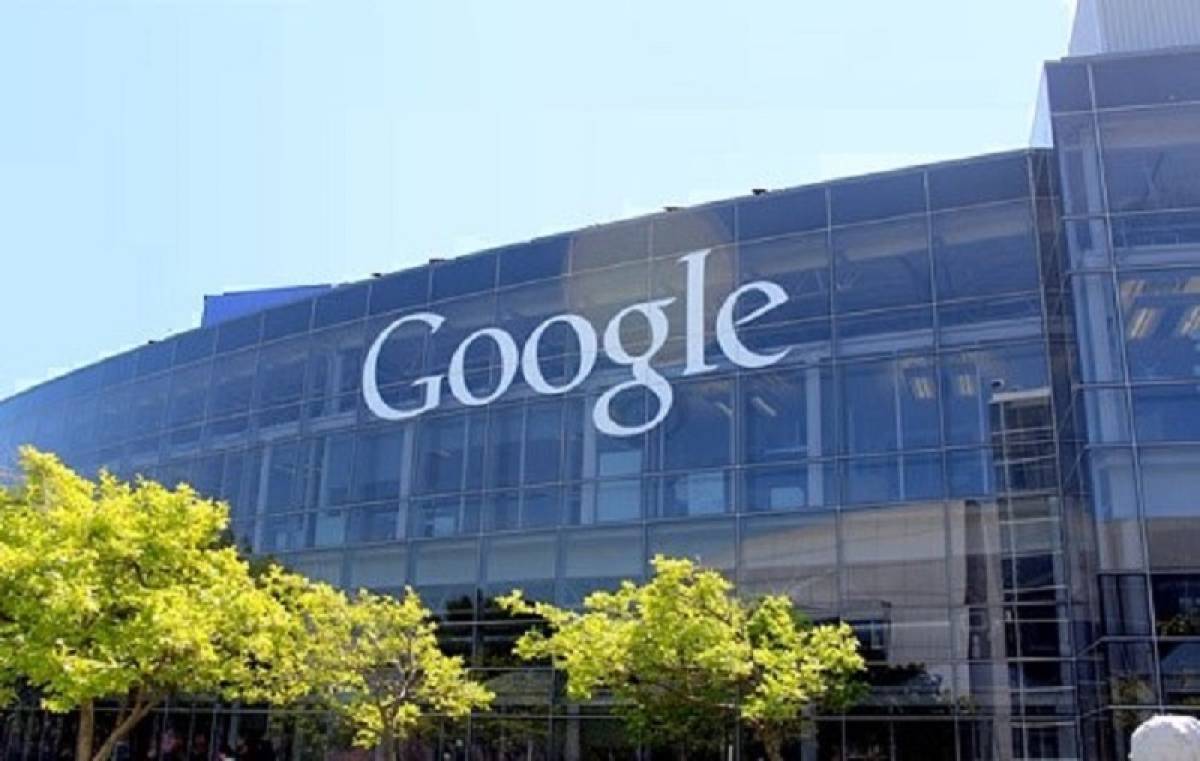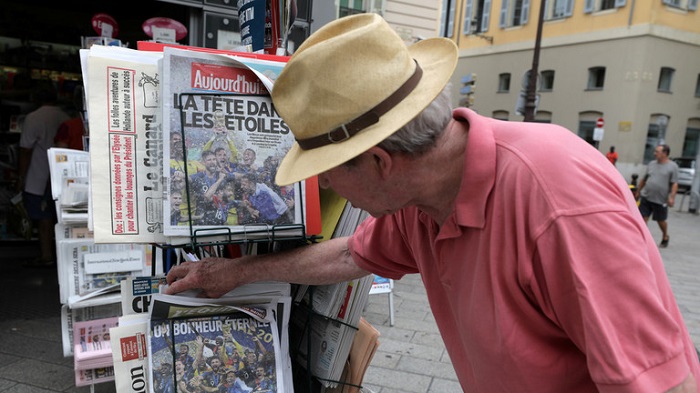French Watchdog Orders Google to Pay for Re-Using Publishers’ Content

France’s Competition Authority ruled on Thursday that Google must pay French publishing companies and news agencies for re-using their content.
The order followed a complaint by unions representing French press publishers that Google had for months refused to comply with Europe’s new digital copyright law.
The EU’s new digital copyright law rule is designed to ensure that news publishers are compensated when their work is shown on websites, search engines and social media platforms.
In enforcing the so-called “neighboring rights,” the French watchdog gave Google three months to negotiate in good faith with the country's media companies on the amount of payment for displaying their protected content in Google's search results.
“This injunction requires that the negotiations effectively result in a proposal for remuneration from Google” that must be applied retroactively to October 2019, when France became the first country to ratify the EU law, the agency said.
France’s ‘Autorite de la Concurrence’ added in a statement that “Google’s practices caused a serious and immediate harm to the press sector, while the economic situation of publishers and news agencies is otherwise fragile.”

A man buys a French daily newspaper in Nice, France, July 2018. © Reuters / Eric Gaillard
EU Copyright Law Impasse
When the European copyright law was announced last year, Google said it would stop showing news snippets from EU publishers on search results for its French users, to comply with the law.
The US tech giant said that articles, pictures and videos would be shown in search results only if media groups consent to let the tech giant use them at no cost. If they refused, only a headline and a bare link to the content will appear, Google said, almost certainly resulting in a loss of visibility and potential ad revenue for the publisher.
In defense of that move, Google had previously said the neighboring rights law does not impose a fee for posting links, and that European news publishers already derived significant value from the eight billion visits they receive each month from internet users who do searches on Google.
Media groups and news agency Agence France-Presse objected to the move and lodged a complaint with the competition regulator last November, demanding that Google be compelled to pay for displaying their news stories.
While pointing to an option of free licences, the French regulator questioned Google’s position that generally no remuneration would be paid for the display of any protected content. It said that by imposing a principle of zero remuneration on all publishers without examining their respective situations and the protected content, Google may have engaged in discriminatory practices that would likely constitute an abuse of a dominant position.
The competition regulator said that the interim measures, which will require Google to publish material via methods chosen by publishers, will help provide for balanced negotiations and ensure neutrality for how information is indexed and classified for readers to find.
The French watchdog added that the interim measures would remain in force until it reaches a decision on the merits of the case, and that Google is required to submit monthly reports on procedures for implementing the injunction.
Google Softens Stance
The U.S. tech firm seems to have changed tune from last year’s stance. It said in a new statement following Thursday’s directive that it would comply with the French competition authority’s verdict that it negotiate with and pay publishers for using their content.
“Since the European copyright law came into force in France last year, we have been engaging with publishers to increase our support and investment in news”, Richard Gingras, vice president of News at Google, said in a statement.
“We will comply with the (French competition regulator’s) order while we review it and continue those negotiations,” Richard added.
France's Culture ministry, which subsidizes much of the media sector, welcomed the injunction.
“Google now has to propose news publishers a fair remuneration commensurate with the value that the search engine derives from the content,” Franck Riester, France’s Culture minister, said.




















